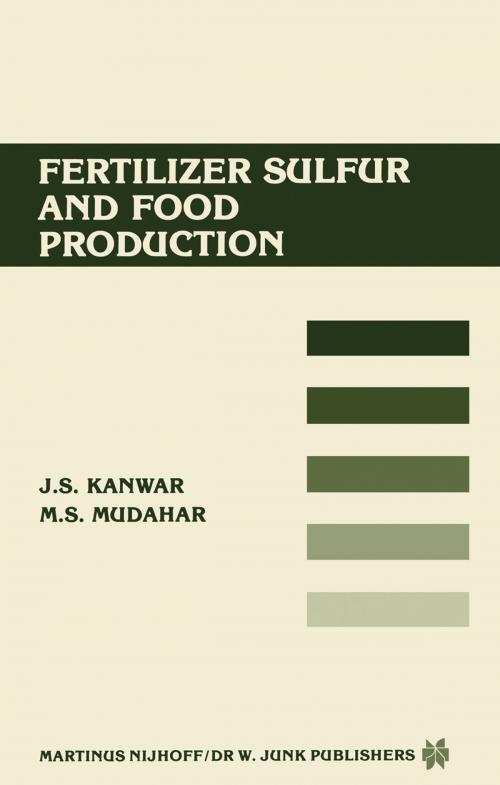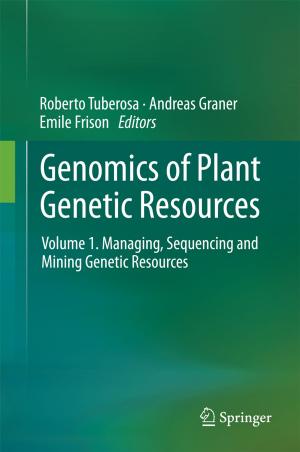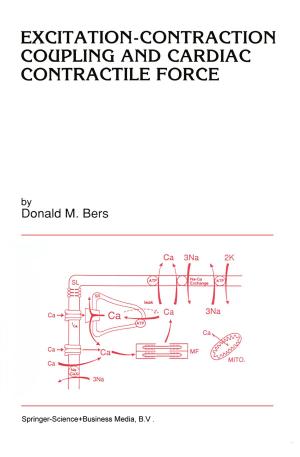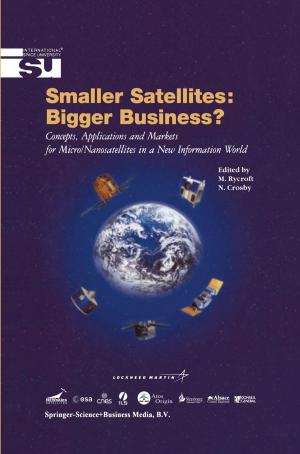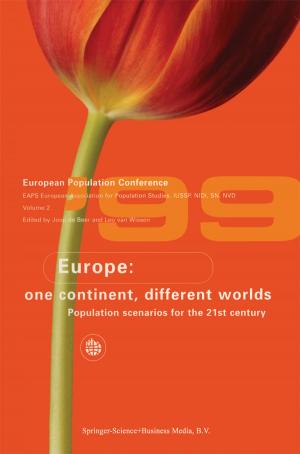Fertilizer sulfur and food production
Research and Policy Implications for Tropical Countries
Nonfiction, Science & Nature, Technology, Agriculture & Animal Husbandry, Nature, Environment, Environmental Conservation & Protection| Author: | J.S. Kanwar, Mohinder S. Mudahar | ISBN: | 9789400943520 |
| Publisher: | Springer Netherlands | Publication: | December 6, 2012 |
| Imprint: | Springer | Language: | English |
| Author: | J.S. Kanwar, Mohinder S. Mudahar |
| ISBN: | 9789400943520 |
| Publisher: | Springer Netherlands |
| Publication: | December 6, 2012 |
| Imprint: | Springer |
| Language: | English |
Fertilizer is a vital component of strategies for expanding foodproduction. The rapid growth in population and the widening food deficits inmany tropical countries of Asia, Africa, and Latin America call attention to those aspects of fertilization that have been neglected but are expected to yield large economic payoffs in the future. Fertilizer sulfur falls into this category. In the past fertilizer sulfur received little attention from researchers and policymakers since sulfur deficiency was not considered a serious problem. It was not a problem because of low crop yields, extensive cropping, and the incidental supply of sulfur through rain, irrigation water, manures, and sulfurcontaining fertilizers. However, the situation has changed in the last three decades. Moder nagriculture based on high crop yields, intensive cropping, improved crop varieties, and greater use of sulfur-free fertilizers and environmental regula tions restricting sulfur emissions are creating large gaps between sulfur sup ply and sulfur requirements. Sulfur deficiencies are widespread and grow ing. Consequently, the full potential of a modern agricultural system in tropical countries is not being realized. This research effort results from the recognition of the seriousness of the sulfur problem and its adverse impact on food production as well as IFDC's dedication to the development and transfer of economically ef ficient fertilizer technology to tropical countries. This study represents a comprehensive analysis of the technical and economic linkages between fer tilizer sulfur and food production, and it provides guidelines for future directions in fertilizer sulfur research and public policy.
Fertilizer is a vital component of strategies for expanding foodproduction. The rapid growth in population and the widening food deficits inmany tropical countries of Asia, Africa, and Latin America call attention to those aspects of fertilization that have been neglected but are expected to yield large economic payoffs in the future. Fertilizer sulfur falls into this category. In the past fertilizer sulfur received little attention from researchers and policymakers since sulfur deficiency was not considered a serious problem. It was not a problem because of low crop yields, extensive cropping, and the incidental supply of sulfur through rain, irrigation water, manures, and sulfurcontaining fertilizers. However, the situation has changed in the last three decades. Moder nagriculture based on high crop yields, intensive cropping, improved crop varieties, and greater use of sulfur-free fertilizers and environmental regula tions restricting sulfur emissions are creating large gaps between sulfur sup ply and sulfur requirements. Sulfur deficiencies are widespread and grow ing. Consequently, the full potential of a modern agricultural system in tropical countries is not being realized. This research effort results from the recognition of the seriousness of the sulfur problem and its adverse impact on food production as well as IFDC's dedication to the development and transfer of economically ef ficient fertilizer technology to tropical countries. This study represents a comprehensive analysis of the technical and economic linkages between fer tilizer sulfur and food production, and it provides guidelines for future directions in fertilizer sulfur research and public policy.
